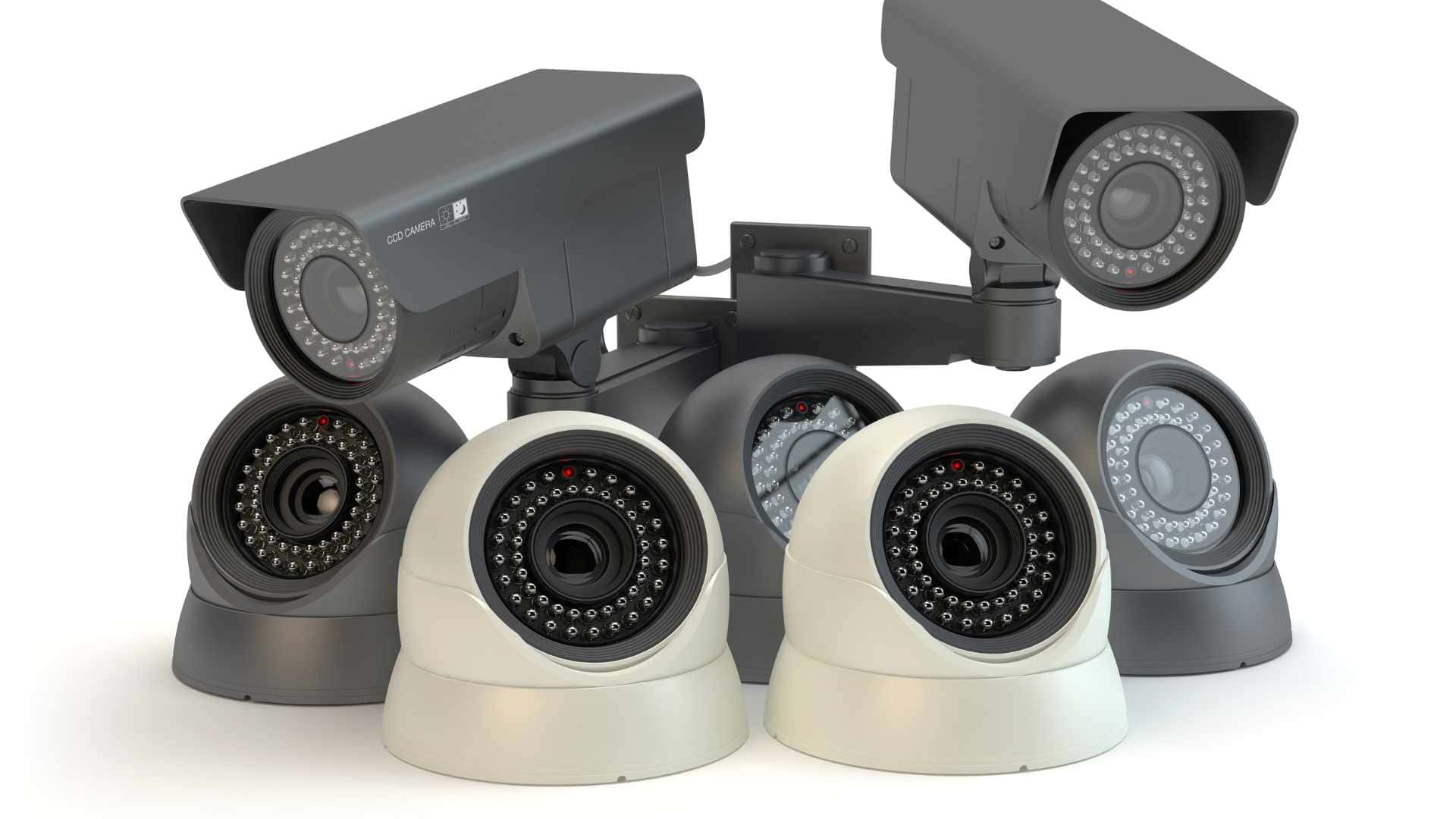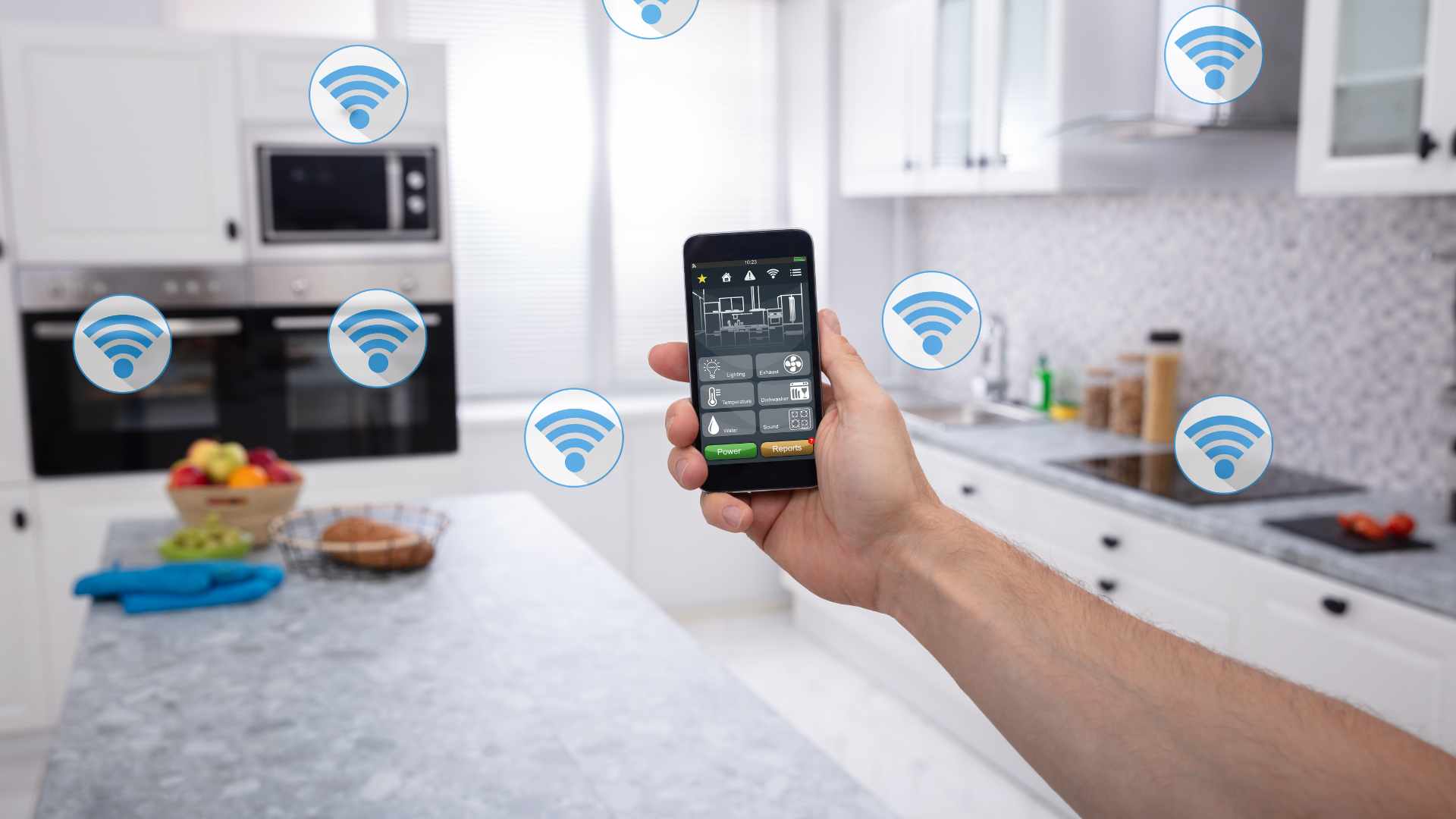Protecting your house and family has never been more critical than in today’s hectic environment. Deciding which of the many home security systems on the market is ideal for your requirements can take time and effort. Selecting a system is complicated because each has its distinct set of features, capabilities, and pricing points.
This detailed guide will show you what to look for when evaluating home security systems. We will review everything you need to know to make an informed decision, including how to assess security and monitoring systems, the value of smart home integration, and the ease of use. Customer support, recurring expenses, and the trustworthiness and reputation of various security companies will also be thoroughly examined. After reading this blog, you will know precisely what features a home security system should have and how to choose one that will keep your family and possessions safe.
What To Look For When Comparing Home Security Systems?
Critical Criteria For Evaluating Home Security Systems
CCTV Systems
- Indoor and Outdoor Use: Effective home security systems should provide comprehensive coverage for both indoor and outdoor areas.
- Remote Viewing: Accessing and viewing footage remotely via mobile devices enhances convenience and security.
- Motion Detection: Systems with motion detection can save storage space and ensure critical moments are captured.
- High-Definition Quality: High-definition cameras provide more explicit images, making it easier to identify individuals and incidents.
- Intelligent Features: Modern systems may include features like line crossing, intrusion, and object removal detection.
Home Security Systems
- Customisable Solutions: A sound security system should be tailored to meet the household’s needs.
- Ease of Use: Systems should be user-friendly, allowing homeowners to manage and monitor their security easily.
- Professional Installation: Professional assessment and installation ensure the system effectively covers all vulnerable points.
- Remote Monitoring: Remote access allows homeowners to monitor their property and control security settings anywhere.
- Integration with Other Systems: Compatibility with alarms, intercoms, and access control systems enhances overall security.
Personal Emergency Devices
- 24/7 Monitoring: Continuous monitoring ensures immediate response in case of an emergency.
- Two-Way Communication: Devices should enable clear communication between the user and the monitoring centre.
- Portability and Durability: Wearable, water-resistant devices ensure they can be used in various environments and conditions.
- GPS Tracking: Real-time location tracking helps quickly locate the user in emergencies.
- Geo-Fencing: Alerts when the user leaves a designated area, useful for monitoring vulnerable individuals.
Integrated Security Solutions
- Comprehensive Coverage: Combining guards, electronic security, and mobile patrols provides a robust security framework.
- Technological Integration: Advanced technology like surveillance cameras and access control systems should be seamlessly integrated.
- Cash In Transit Services: Secure transportation and processing of cash and valuables enhance business security.
- Sector-Specific Solutions: Tailored security solutions for different market segments ensure specific needs are met effectively.
- Direct Client Access: Clients should have direct access to a contract manager for personalised service and prompt issue resolution.
User-Friendliness of Home Security Systems
Understanding System Components
- Alarm Systems: Look for systems that offer both wired and wireless options to suit different home setups. Key features include intruder detection, video intercom, and 24/7 monitoring capabilities.
- CCTV Systems: Opt for systems that provide high-definition video, remote viewing, motion detection, and intelligent features like line crossing and intrusion detection.
- Personal Safety Devices: Ensure the device offers 24/7 monitoring, GPS functionality, geo-fencing, and two-way communication.
Installation and Setup
- Professional Installation: Choose providers that offer professional assessment and installation by qualified technicians. This ensures that the system effectively covers all vulnerable points.
- User-Friendly Interfaces: Systems should have intuitive interfaces for easy management and monitoring, whether through mobile apps or control panels.
- Customisation Options: Look for systems tailored to meet specific needs, such as adding additional cameras or sensors as required.
Monitoring and Alerts
- Remote Monitoring: Ensure the system allows for remote monitoring via smartphones or other devices, providing peace of mind when away from home.
- Real-Time Alerts: Systems should send real-time alerts for motion detection, low battery notifications, and system malfunctions.
- Integration with Other Systems: Compatibility with other security devices, such as alarms, intercoms, and access control systems, enhances overall functionality.
Evaluating Features and Benefits
- Comprehensive Coverage: Assess whether the system offers comprehensive coverage for both indoor and outdoor areas.
- Advanced Features: For added security, consider features like behaviour analysis, face detection, and video verification.
- Portability and Durability: For personal safety devices, check if they are portable, water-resistant, and durable enough for various environments.
Cost and Value
- Transparent Pricing: Look for transparent pricing structures with options for upfront payment or monthly monitoring fees. Compare the costs of different plans and what each includes.
- Value for Money: Evaluate the overall value by considering the quality of the equipment, the range of features, and the level of customer support provided.
Integration And Compatibility
System Interoperability
- CCTV and Alarm Systems: Ensure that CCTV and alarm systems can be seamlessly integrated.
- Remote Monitoring: Check if the security system supports remote monitoring across different devices.
Home Automation Compatibility
- Smart Home Integration: Choose systems compatible with existing smart home devices for enhanced functionality.
- Customisable Solutions: Look for providers that offer tailored solutions to meet specific needs. Creating customised home automation setups that integrate various technologies for a seamless user experience.
Integrated Security Solutions
- Comprehensive Security Packages: Opt for integrated security solutions that cover all aspects of security, from guards and mobile patrols to electronic security systems.
- Direct Client Access: Ensure you have direct access to service providers to resolve issues quickly.
Advanced Features
- Intelligent Detection: Systems with advanced detection features, such as motion detection, line crossing detection, and face recognition, enhance security. CCTV systems include these intelligent features, providing comprehensive monitoring and alert capabilities.
- Automation and Control: Evaluate if the system allows for automated control of security features.
Conclusion
In conclusion, comparing home security systems requires a comprehensive evaluation of several key factors to ensure you select the best solution for your needs. Start by assessing the types of security features each system offers, such as intrusion detection, video surveillance, and environmental monitoring. It’s crucial to consider whether you prefer a wired or wireless system, as well as the ease of installation and potential for future upgrades. Additionally, evaluating the quality and responsiveness of customer service and technical support can make a significant difference in your overall experience.
Furthermore, consider the cost implications of each system, including initial installation fees, ongoing maintenance, and monitoring charges. Many security companies offer packages with varying levels of service, so it’s essential to balance your budget with the level of protection you desire. Don’t forget to check for any potential discounts on your homeowners insurance, as many providers offer reduced premiums for homes equipped with professional security systems. Lastly, read customer reviews and expert ratings to gain insights into the reliability and performance of each system from those who have firsthand experience.
By carefully comparing these elements, you can make an informed decision that ensures your home is well-protected. A thorough comparison will help you find a security system that not only fits your budget but also provides peace of mind knowing that your home and loved ones are safeguarded against potential threats.
FAQs About Home Security Systems
What Should You Consider First When Comparing Home Security Systems?
Start by analysing your specific security requirements, including understanding your environment, evaluating your assets, and considering your household’s unique needs.
How Do You Determine The Value Of Items That Need Protection?
Identify high-value items in your home that may necessitate advanced surveillance and alarm features. This could include jewellery, electronics, and important documents.
What Additional Safety Features Are Essential For Families With Children Or Elderly Members?
Consider systems with smart locks, video doorbells, and medical alert systems to provide extra safety for children and elderly members.
How Can Frequent Visitors Or Service Personnel Be Managed With A Security System?
Choose systems with innovative entry features that allow you to manage and monitor access for frequent visitors and service personnel.
What Are The Essential Features Of A Home Security System?
Key features include high-definition cameras, remote access via a mobile app, integration with smart home devices, and advanced behaviour analysis features.


